Electric vs diesel vans: which would be better for you?
Struggling to decide between going electric or sticking with diesel? You’re not alone. Read on to find out the pros and cons of each type of van
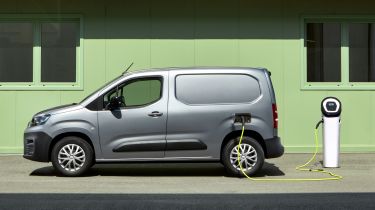
Of the well over four million vans on the UK's roads, most are fuelled by diesel. There are good reasons for this: diesel engines are both efficient and powerful, making them well suited to dealing with heavy payloads while promising relatively low running costs for van owners and operators.
However, there's a bevy of electric vans either on sale already or coming to the market soon, and they promise many benefits compared to traditional diesel-engined light commercial vehicles. So, if you're currently looking to buy a new van and want to keep your running costs to a minimum, electric power is definitely worth investigating.
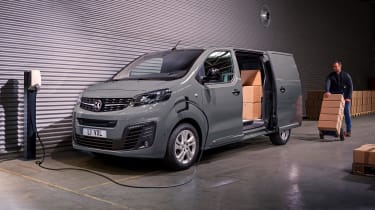
What are the main benefits of switching to an electric van?
The biggest benefit is the potential cost savings. Electric vans work out much cheaper to run than their diesel-fuelled counterparts – often half as much or better on a pence-per-mile basis.
If you use your van predominantly in cities and don't regularly cover long distances, going electric should prove very cost-effective. As well as being cheap to 'fuel', electric vans are also exempt from the London Congestion Charge (until 2025) and the city's Ultra Low Emission Zone (ULEZ) charge. Another benefit of electric vans is they currently aren't liable for vehicle excise duty (VED) and attract zero van benefit charge. Compared to a diesel van, this will save you thousands in the long run.
It’s worth thinking about where you'll charge your electric van. It's important to be able to charge it overnight – either at home or at a depot. Installing a dedicated charging point will help ensure the van has a full charge every morning, ready for a day's work.
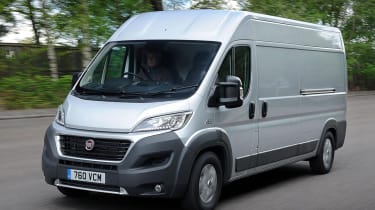
Where do diesel vans hold an advantage?
A diesel van will be cheaper to buy initially than an electric one, and will also be a better bet if you or your drivers cover long distances on a daily basis. Some current electric vans have a real-world range of only around 100 miles (although more recent arrivals tend towards 150 or even 200 depending on battery size). So, if you or your drivers will be covering hundreds of miles a day, a diesel van may still be a better choice.
Diesel vans also generally have a slightly higher maximum payload weight than their electric counterparts. This is because the batteries in electric vehicles weigh more than a conventional engine and fuel tank. Load volume is generally unaffected, however.
Most Popular
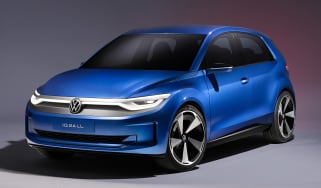
Volkswagen ID.2 will be a VW Polo for the electric age and we’re buzzing
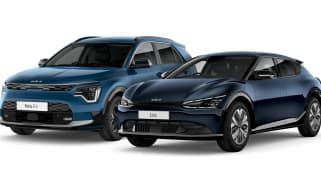
New Kia Niro and EV6 ‘Horizon’ special editions bring value to brand’s EV line-up
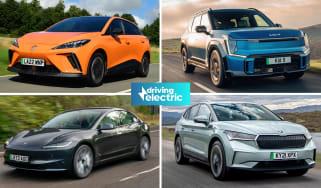
Top 10 best electric cars 2023/2024
